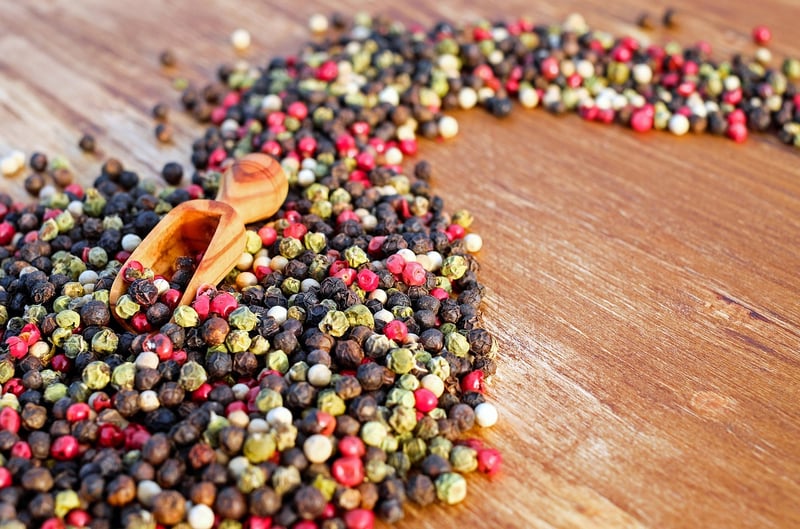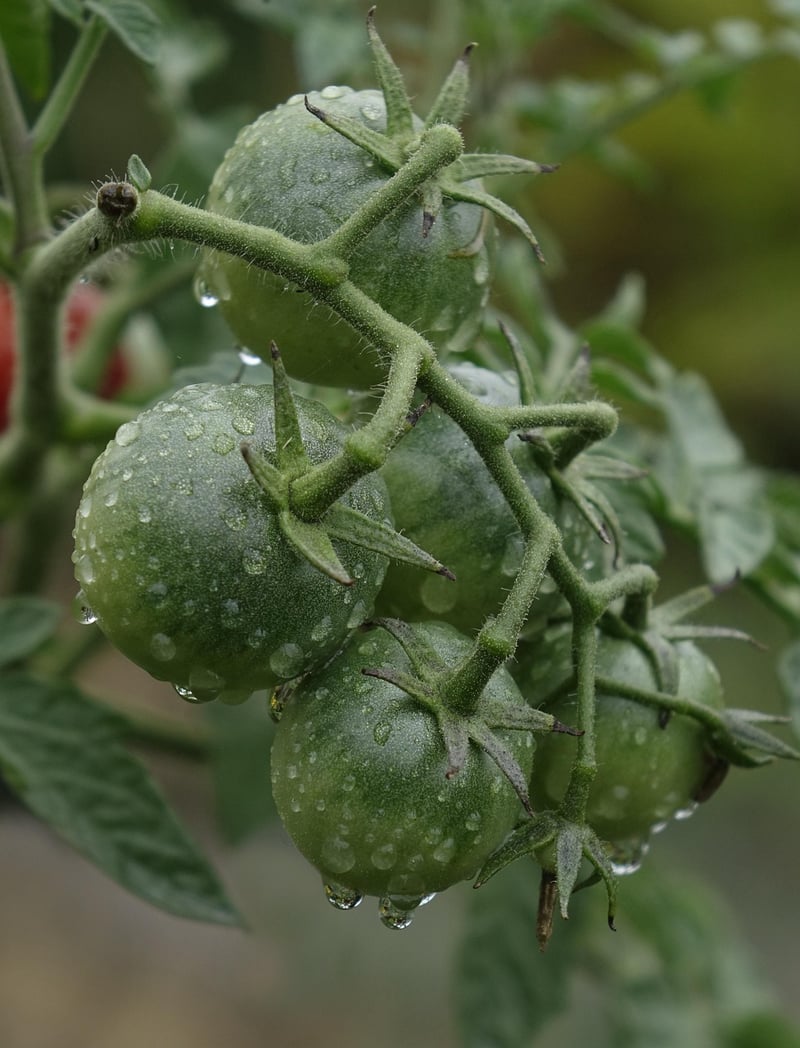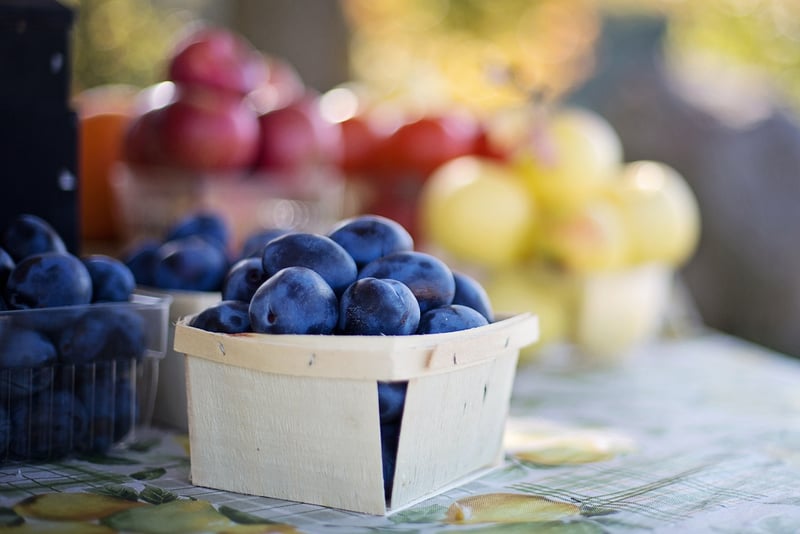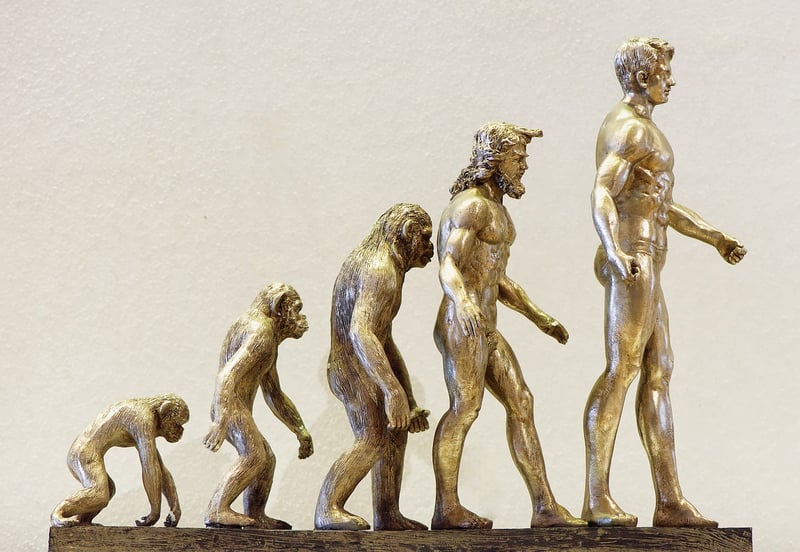Culinary Evolution
Journey Through Food's Past: A Culinary Evolution
Food has always been an integral part of human history, shaping cultures, traditions, and even economies. Let's take a trip through time to explore the fascinating evolution of culinary practices and how food has played a crucial role in shaping societies.
Ancient Roots
Our culinary journey begins in ancient times when early humans relied on hunting and gathering for sustenance. These primitive societies foraged for fruits, nuts, and roots while also hunting wild game for protein. The invention of fire revolutionized cooking, allowing our ancestors to roast, bake, and stew food for better taste and preservation.

Cultural Exchange
As civilizations developed, trade routes opened, leading to a culinary exchange of ingredients, spices, and cooking techniques. The Silk Road, for example, facilitated the movement of goods and ideas between East and West, introducing new flavors like cinnamon, ginger, and cloves to distant lands.

The Age of Exploration
The Age of Exploration in the 15th and 16th centuries further transformed culinary landscapes. European explorers like Christopher Columbus and Vasco da Gama discovered new worlds, bringing back exotic foods like tomatoes, potatoes, and chili peppers to Europe. This interchange of crops, known as the Columbian Exchange, revolutionized global cuisine.

Industrial Revolution and Beyond
The Industrial Revolution marked a shift towards mass production, leading to the rise of processed foods and convenience items. Canned goods, refrigeration, and advancements in transportation revolutionized food preservation and distribution, making ingredients more accessible than ever before.

Modern Trends
In the present day, we see a resurgence of interest in organic, locally sourced, and sustainable foods. Farm-to-table movements, fusion cuisine, and molecular gastronomy are redefining how we perceive and consume food. Social media and globalization have also contributed to the sharing of recipes and food cultures across borders.

As we reflect on this culinary journey through time, it's clear that food not only nourishes our bodies but also serves as a reflection of our history, creativity, and interconnectedness as a global community.
Join us in celebrating the rich tapestry of flavors and traditions that make up the world of food!
